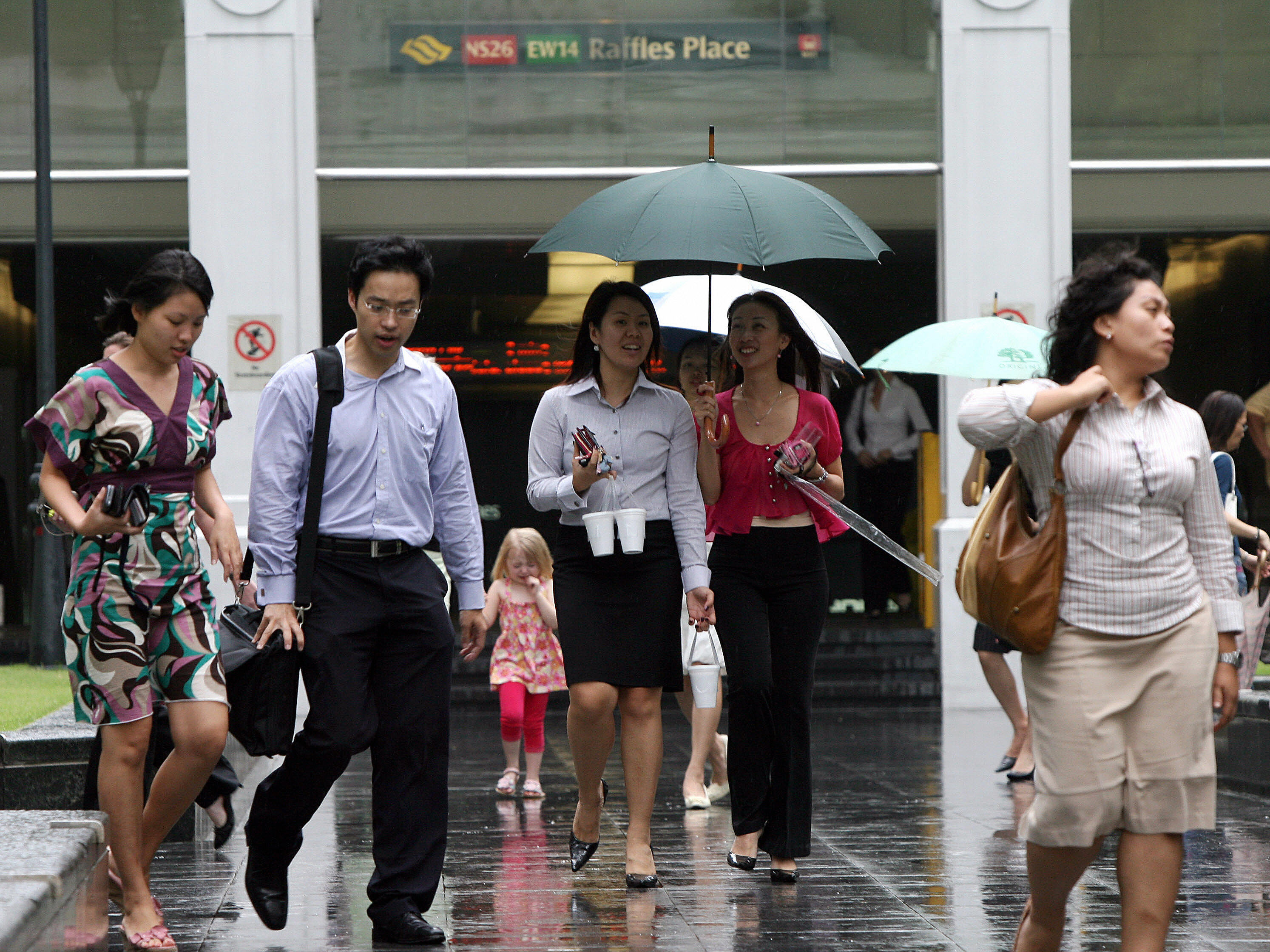Here's something expected.
According to JobStreet.com's Job Happiness Index 2017, 45 percent of the 700 respondents quizzed are unhappy at work, with the remaining 55 percent being either neutral about or happy at work.
This is a slight improvement from the year before, with Singapore scoring 4.31 on a 10-point scale, up from 4.09.
The online survey was administered between July and August 2017.
Work location impacts job happiness
The survey found that issues with the management and leadership team, as well as a lack of opportunities for career development and training are the main causes of Singaporeans' unhappiness at work.
The survey also revealed that work location contributes the most to the happiness of Singaporean employees, followed by good colleagues and company reputation.
Transport subsidies, workplace flexibility, salary increment and additional job perks can also boost Singaporeans' happiness levels at work.
Younger workers happier
Younger workers were also more satisfied.
Interestingly, the survey found that millennials (36 percent) are generally happier employees than non-millennials (30 percent).
While both groups value convenient access to work location, millennials care most about flexibility.
This means that employers can look into "offering incentives such as flexi-work schedule and work-from-home policies to attract high-calibre millennials", according to JobStreet.com.
[related_story]
Larger companies have happier employees
Also, employees working in larger companies are generally happier.
This is because larger companies which operate in a more defined organisational structure with various departments, provide employees the option to explore other job scopes without leaving the company.
They also have the resources to provide more opportunities for training and accreditation, which ensure better professional development for the long term.
When career trajectories stagnate, employees here don't derive any form of satisfaction and may begin to resent their jobs.
To retain outstanding performers, there is a need to give them new challenges and more high-level responsibilities so that they can grow their skill sets.
The majority of the respondents in Singapore consisted of executive-level employees or job seekers in a wide range of industries such as manufacturing and production, banking and financial services, the civil service and hospitality.
Top image via Getty Images
If you like what you read, follow us on Facebook, Instagram, Twitter and Telegram to get the latest updates.
